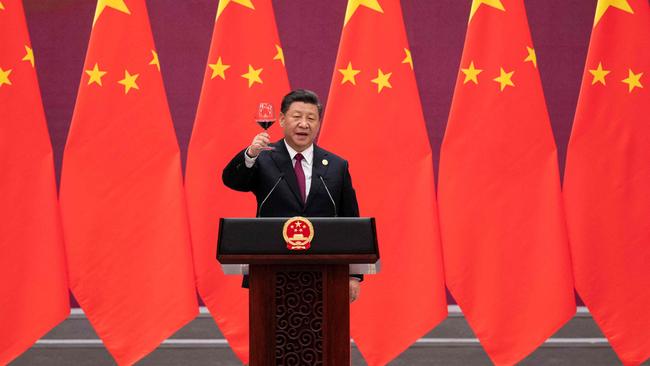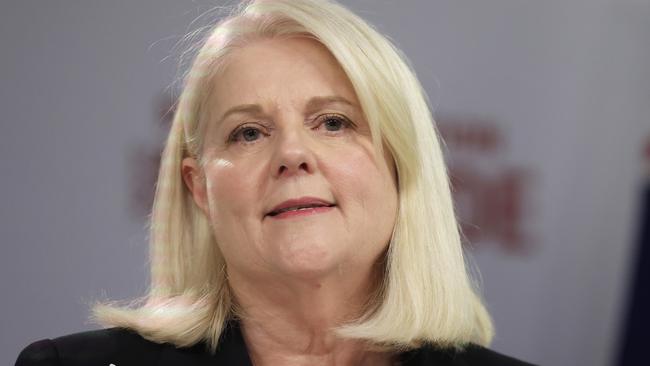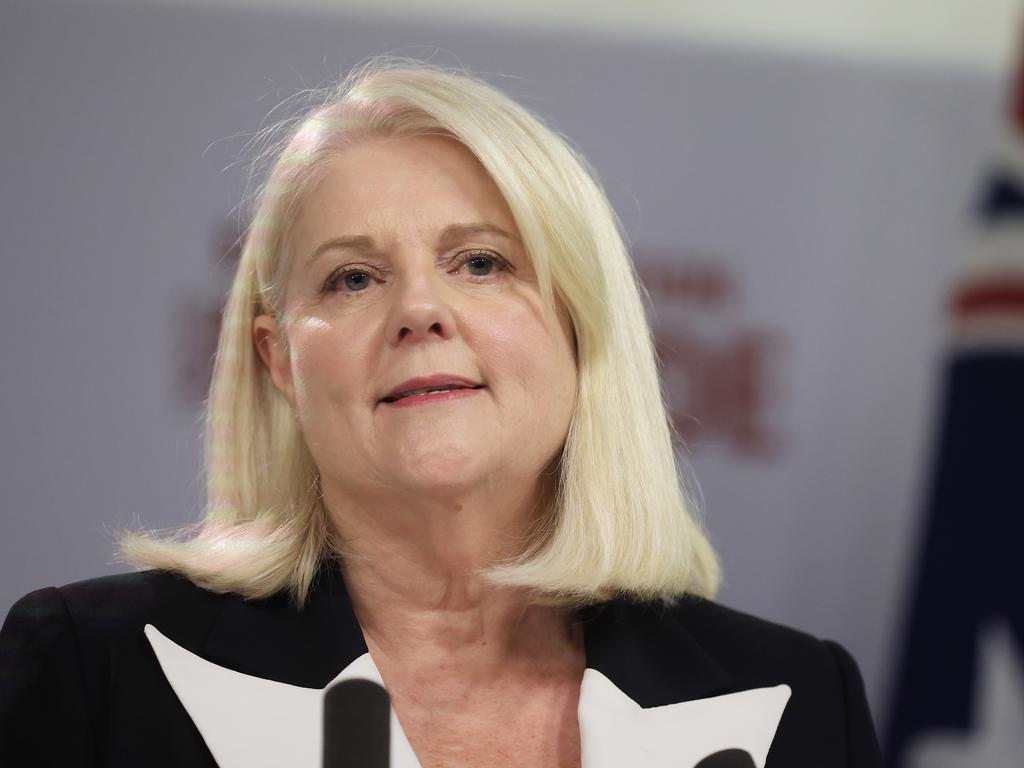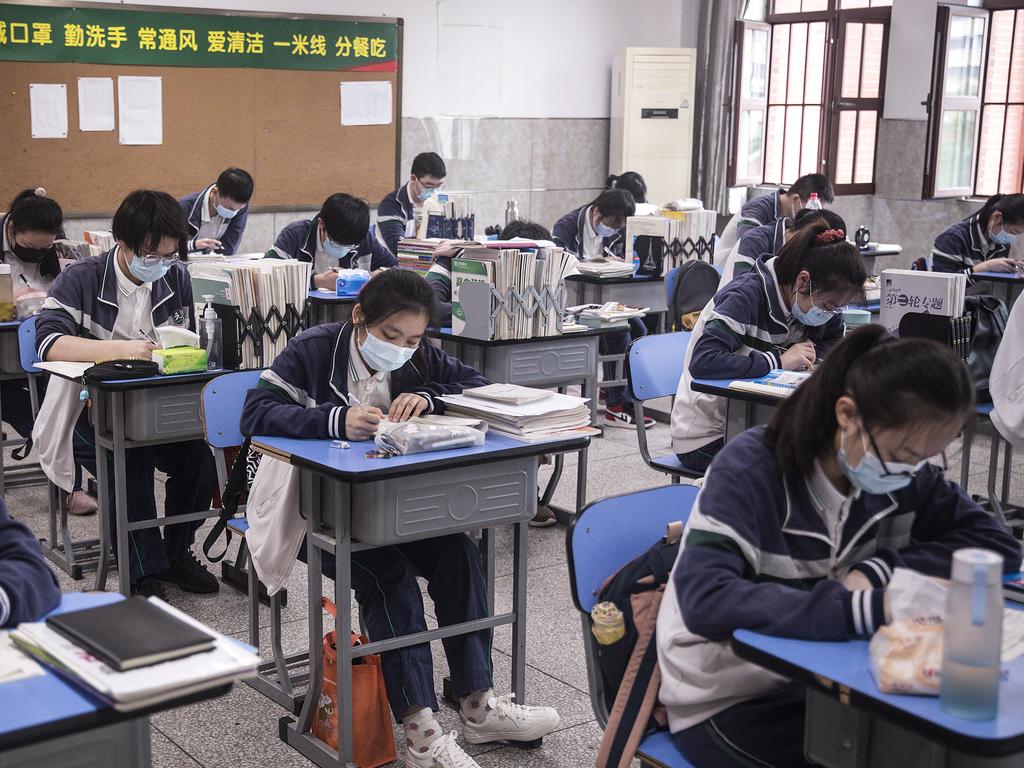Beijing bristles at West’s cyber claims
Beijing has accused the US, Australia and 38 other nations of ‘pouring dirty water on China’ over its state-sponsored cyber hacking.

Beijing has accused the US, Australia and 38 other nations of “pouring dirty water on China” as it bristled at joint criticism of the Xi administration’s state-sponsored cyber hacking.
China foreign ministry spokesman Zhao Lijian said the US and its partners could not prove the “unreasonable allegations” and urged the international community to be “more cautious” about the claims.
He did not address the allegations in detail and failed to mention the number of countries involved in the unprecedented co-ordinated pushback which he said was “completely politically motivated”. “Stop pouring dirty water on China,” he said.
Australia joined the US, Britain, NATO, the EU, Canada, Japan and New Zealand to accuse Beijing of brazen cyber espionage and intellectual property theft.
In a series of co-ordinated statements they said China was behind this year’s Microsoft Exchange hack and used freelance cybercriminals to steal Western technology secrets.
Home Affairs Minister Karen Andrews said Australia and its partners had determined with “very high levels of confidence” that China’s Minister of State Security was behind the Microsoft Exchange attack, which cost billions of dollars in stolen intellectual property, ransom payments and security measures.
“We can’t allow this criminal activity to become a significant handbrake on our economic growth and our digital security,” Ms Andrews said on Tuesday.

Speaking later in Beijing, Mr Zhao said China would “never accept” the allegations. “The US gathers allies to make unreasonable accusations against China on cybersecurity issues,” he said.
“A small number of countries cannot represent the international community.”
He also claimed Beijing was the real victim. “China once again strongly urges the US and its allies to stop cyber theft and attacks against China,” he said.
In an earlier statement, the Chinese embassy accused Australia of parroting “groundless” US claims and acting as Washington’s “accomplice”.
“It is well known that the US has engaged in unscrupulous, massive and indiscriminate eavesdropping on many countries, including its allies,” the spokesman said. “Australia also has a poor record, including monitoring the mobile phone of the president of its biggest neighbour country.”

Ms Andrews acknowledged Australia was likely to face “serious implications” for publicly identifying China, but said she would not hesitate to hold the country accountable if it continued to launch attacks.
Former national security official William Stoltz, a senior public policy adviser with ANU’s National Security College, said the most significant aspect of the co-ordinated statements was the participation of Europe.
“We’ve seen joint statements in the past from the Five Eyes, but to see this expanded to include the EU and NATO is pretty powerful,” Dr Stoltz said.
He said China’s willingness to contract organised criminals to steal information was “very problematic”, given Western countries’ traditional demarcation between intelligence and law enforcement agencies. Australian Strategic Policy Institute’s International Cyber Policy Centre director Fergus Hanson said China’s use of freelance hackers was aimed at giving it “plausible deniability”.
In the US, Secretary of State Antony Blinken accused China of a “pattern of irresponsible, disruptive and destabilising behaviour in cyberspace, which poses a major threat to our economic and national security”.
“(China’s) Ministry of State Security has fostered an ecosystem of criminal contract hackers who carry out both state-sponsored activities and cybercrime for their own financial gain,” Mr Blinken said.







To join the conversation, please log in. Don't have an account? Register
Join the conversation, you are commenting as Logout